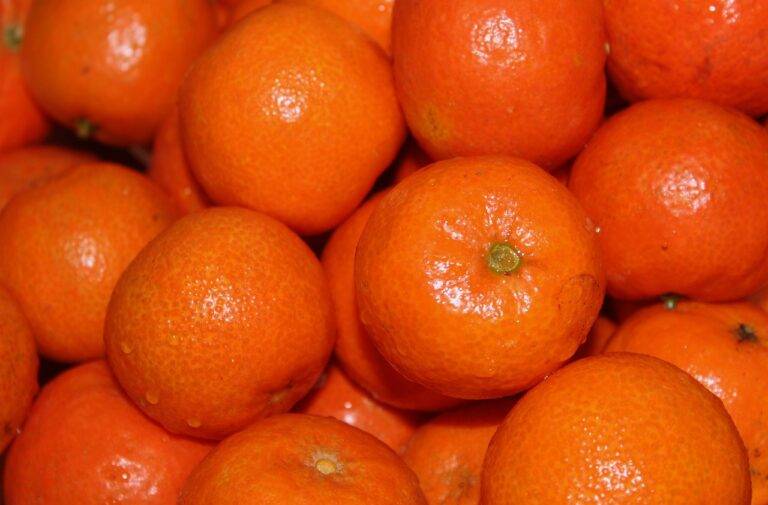The Role of Fermentation in Food Preservation and Storage
skyexch win, world777 com id, goldbet7 com: Fermentation has been used for centuries as a method of food preservation and storage. This natural process involves the breakdown of carbohydrates by bacteria, yeast, or fungi, which results in the production of organic acids, alcohol, or gases. These byproducts help to inhibit the growth of harmful bacteria, thereby extending the shelf life of food products.
But what exactly is the role of fermentation in food preservation and storage? Let’s take a deeper dive into the process and explore its benefits.
Understanding the Process of Fermentation
Fermentation is a metabolic process that converts sugars into acids, gases, or alcohol. This process occurs in the absence of oxygen and is carried out by various microorganisms, such as bacteria, yeast, and mold. These microorganisms break down the sugars present in food, releasing energy in the form of organic acids or alcohol.
The Role of Fermentation in Food Preservation
One of the key roles of fermentation in food preservation is the production of organic acids, such as lactic acid and acetic acid. These acids lower the pH of the food, creating an environment that is inhospitable to harmful bacteria. By inhibiting the growth of pathogens, fermentation helps to extend the shelf life of food products.
Additionally, fermentation can also enhance the flavor, texture, and nutritional value of foods. For example, the fermentation of cabbage results in the production of sauerkraut, which is rich in probiotics and vitamin C. Similarly, the fermentation of milk yields yogurt, a nutritious and delicious dairy product.
Benefits of Fermentation in Food Storage
In addition to preserving food, fermentation also offers several benefits in terms of storage. Fermented foods tend to have a longer shelf life compared to non-fermented counterparts. The natural preservatives produced during fermentation help to prevent spoilage and can even improve the overall quality of the product over time.
Furthermore, fermented foods are often more digestible and nutritious than non-fermented foods. The breakdown of sugars and proteins during fermentation can make nutrients more bioavailable and easier for the body to absorb. This can be especially beneficial for individuals with digestive issues or food sensitivities.
Common Fermented Foods
Fermentation is a versatile process that is used to create a wide variety of foods from around the world. Some common examples of fermented foods include:
1. Kimchi: A traditional Korean side dish made from fermented vegetables, typically cabbage and radishes.
2. Kombucha: A fizzy, fermented tea drink that is rich in probiotics and antioxidants.
3. Cheese: Various types of cheese, such as cheddar, gouda, and brie, are made through the fermentation of milk.
4. Sourdough bread: A type of bread made from fermented dough, which gives it a tangy flavor and chewy texture.
5. Pickles: Cucumbers and other vegetables are pickled through fermentation with vinegar and spices.
6. Soy sauce: A savory condiment made from fermented soybeans, wheat, and salt.
Frequently Asked Questions about Fermentation
Q: Is fermentation safe for food preservation?
A: When done correctly, fermentation is a safe and effective method of food preservation. However, it is essential to follow proper hygiene practices and guidelines to avoid contamination.
Q: How long can fermented foods be stored?
A: Fermented foods can be stored for extended periods, depending on the specific product and storage conditions. It is essential to follow recommended storage guidelines to ensure the quality and safety of the food.
Q: Are fermented foods suitable for everyone?
A: While fermented foods offer numerous health benefits, some individuals may have sensitivities to certain fermented products. It is recommended to consume fermented foods in moderation and consult with a healthcare provider if you have any concerns.
In conclusion, fermentation plays a vital role in food preservation and storage by inhibiting the growth of harmful bacteria, enhancing flavor and nutrition, and extending the shelf life of food products. Incorporating fermented foods into your diet can offer a range of health benefits and add diversity to your meals. So why not give fermentation a try and explore the world of delicious and nutritious fermented foods?







